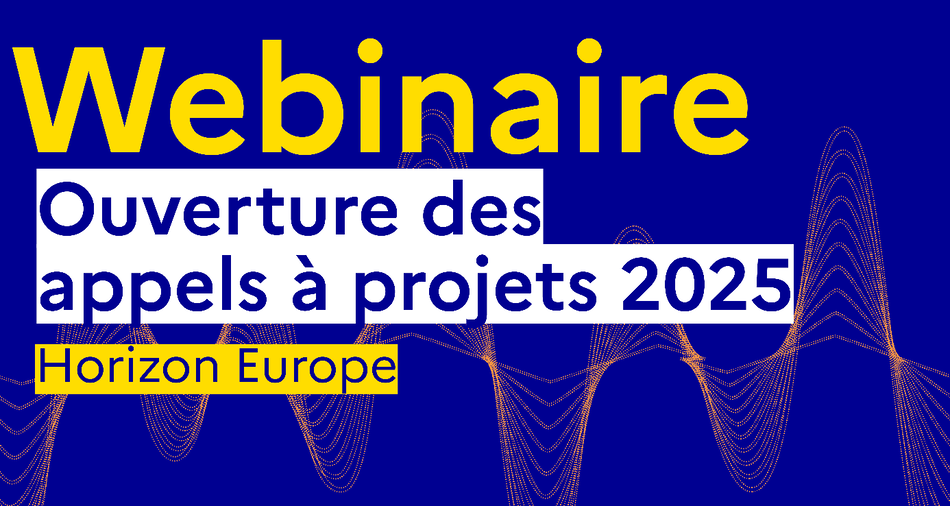Expected Outcome:
Project results are expected to contribute to all of the following expected outcomes:
- Enhanced implementation of the European Green deal objectives and the EU Biodiversity Strategy for 2030;
- Improved understanding of technical, social, legal, regulatory and policy barriers to small-scale fisheries decarbonisation;
- Reduced fuel consumption and emissions from small-scale fishing vessels and improved energy efficiency in their range of activities, including acoustic noise reduction;
- Accelerated transition to fleets of small-scale fisheries equipped with greener and energy-efficient technologies to reduce emissions and fuel consumption;
- Increased users’ choices and responsible user behaviours;
- Improved monitoring and understanding on the impact of greener and more efficient small-scale fishing fleets on the marine environment and marine biodiversity.
Scope:
Proposals under this topic are expected to show how their activities and results will achieve the Mission objective 3 – Sustainable, carbon-neutral and circular blue economy, in line with the timeframe of the Mission phases, i.e.: by 2025 for the ‘development and piloting’ phase and 2030 for the ‘deployment and upscaling phase’.
Proposals will address the complex dynamic of energy consumption and energy efficiency of small-scale fishing vessel fleets and in their range of activities. Under this topic, small-scale fisheries is defined as “fishing carried out by fishing vessels of an overall length of less than 12 m and not using towed fishing gear”.
Proposals under this topic are expected to identify a set of suitable innovative and sustainable solutions, technologies, practices and processes to be tested, validated and demonstrated in real conditions to reduce emissions and fuel consumption of small-scale fishing vessels (length of less than 12 m), to increase energy efficiency in their range of activities and comply with EU regulatory frameworks. Solutions should consider multi-disciplinary approaches and guarantee full integration in the vessels. The integrated solutions need to be tested at sea to ensure fitness for purpose in harsh marine environment and for all range of fishing-related activities. Innovative solutions such as battery/hybrid systems, wind-propulsion vessels as well as use of sensors, predictive analytics, data, etc. can be considered.
Impact assessment on the marine environment and its biodiversity should also be carried out as well as an analysis of the obstacles, opportunities and recommendations about good practices for reducing fuel consumption and emissions from small-scale fishing vessels and improving energy efficiency in their range of activities.
Close cooperation between the fishing community, researchers and other stakeholders as well as with environmental organisations, NGOs, national and international authorities is a crucial requirement to ensure that solutions and technologies are suitable for and acceptable by the end-users, economically viable for (often) very small fishing enterprises.
Where appropriate activities may take into account synergies with other actions aimed to reduce waterborne transport emissions, for example projects arising from Horizon Europe calls; HORIZON-CL5-2021-D5-01, HORIZON-CL5-2022-D5-01, HORIZON-CL5-2023-D5-3, HORIZON-CL5-2024-D5-3 as well as with the activities carried out under the Zero Emission Waterborne Transport Partnership (ZEWT) and the Sustainable Blue Economy Partnership (SBEP). If projects collect in-situ data and marine observations, projects should collaborate with projects funded under the topic HORIZON-INFRA-2022-EOSC-01-03 to adopt best practices regarding FAIR and open data sharing and benefit as well from EU programmes (Copernicus, EMODnet) in terms of marine observation and ocean forecasting capacities.
The projects funded under this topic should:
- build links with other Mission activities and other relevant activities within the Mission lighthouses to maximize synergies, and with other Mission activities;
- build links with the Mission implementation monitoring system that will be part of the Mission Implementation Support Platform and with the lighthouse support facilities, for reporting in different basins, monitoring and coordination of all relevant implementation activities in the lighthouse area;
- support the Ocean and water knowledge system, in particular by contributing to ocean monitoring, modelling and knowledge creation and data.
SMEs, early-stage business and scale-ups involved in Mission projects entailing innovative, scalable and sustainable business ventures from traditional and emerging blue economy sectors are invited to join the BlueInvest community and benefit from the BlueInvest Fund[1].
[1] BlueInvest provides equity from the European Maritime, Aquaculture and Fisheries Fund, matching guarantees from InvestEU, capital from the European Invest Fund and its parent the European Investment Bank to venture capital or impact funds who will crowd in other investments. See: https://webgate.ec.europa.eu/maritimeforum/en/frontpage/1451





